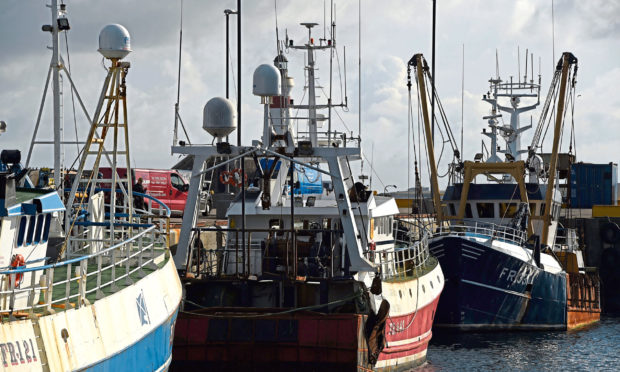The Scottish fishing fleet will continue to build on its record of environmental responsibility as the need for more action to tackle climate change grows, according to the Scottish Fishermen’s Federation.
In a new environmental policy statement, the organisation, which represents more than 400 vessels, highlights a wide range of achievements and sets out a sustainability pledge for future activity.
This includes taking all necessary and appropriate measures to ensure the fisheries and ecosystems in which they operate are accessed and managed responsibly to preserve their sustainable use for current and future generations. They have also pledged to: minimise unintended by-catch and unwanted catches; actively engage with technologists and scientists on the most selective but economically efficient methods of fishing; take full note of the best scientific advice which contributes to effective fisheries management; and engage directly in projects to reduce carbon footprint and minimise the impact of fishing.
SFF science policy officer Elena Balestri said: “The Scottish industry is actively improving its sustainability by changing the way in which it fishes and by making appropriate alterations to the gears used.
“The commitment of fishermen to understand the issues related to both the science and policies behind fisheries management is an example to champion both nationally and internationally.”
The 32-page paper also highlights the fact that the carbon footprint of the fishing sector is significantly lower than that of most protein- producing alternatives, with the pelagic sector – vessels that fish principally for mackerel and herring – being one of the lowest of all.
It further outlines the well-established collaborations with academia, Marine Scotland’s Marine Laboratory and the wider scientific community to help promote close co-operation between the industry and the scientific community.
Demonstrating its commitment to science and sustainability, via its subsidiary companies SFF Services and Marine Environmental Solutions, SFF runs on-board observer schemes that collect data that contribute to the ICES stock assessment process.
SFF also supports the principle of Marine Protected Areas (MPAs) for conservation of biodiversity and geodiversity features in particular areas, and will continue to work towards striking a balance between conservation and sustainable harvesting.
